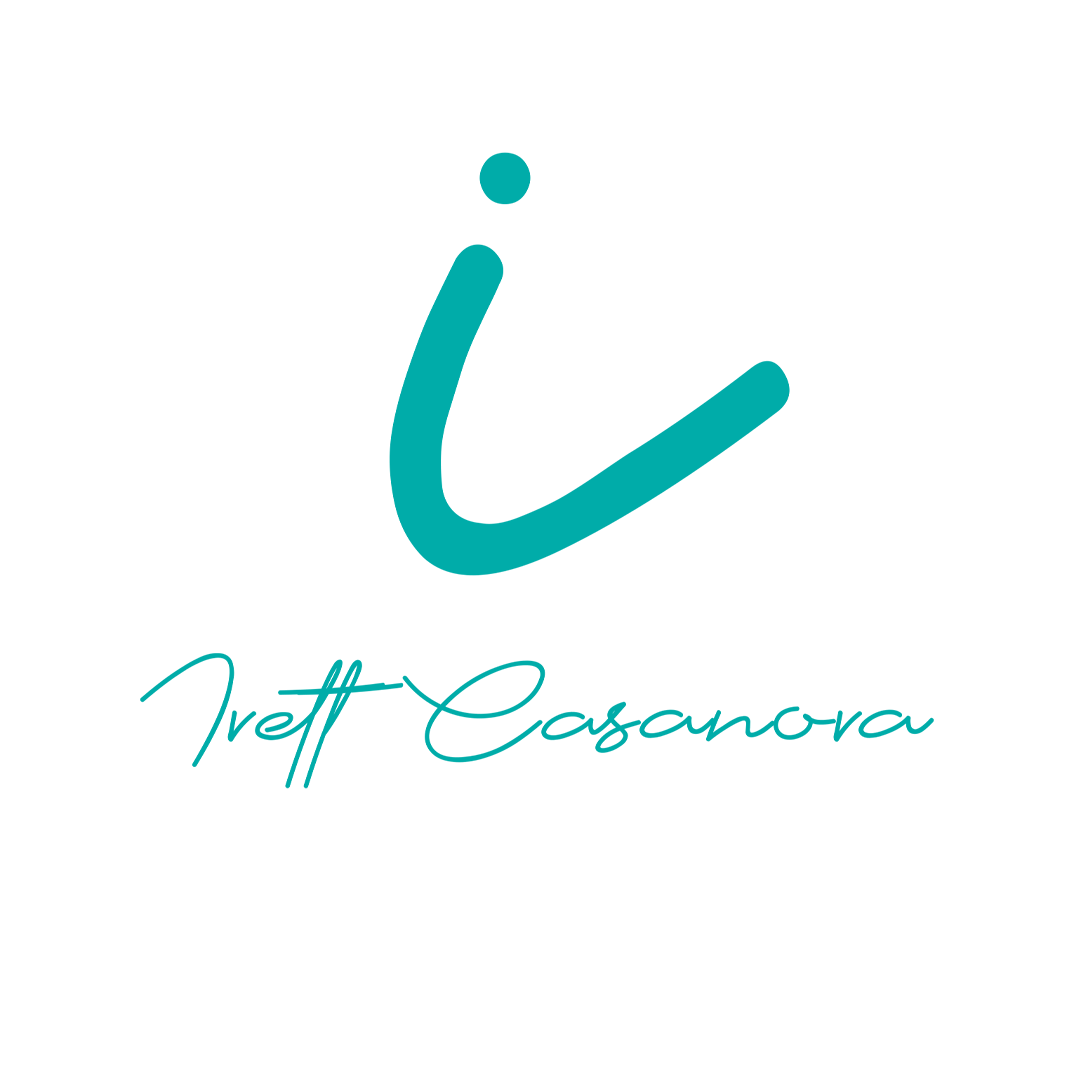How do you feel when you think about saying “no”?
Do thoughts like “I’ll disappoint others,” “I’ll lose opportunities,” or “I’ll seem difficult” cross your mind?
If you’ve ever experienced that knot in your stomach when setting a boundary, you should keep reading…
The challenge of setting boundaries is real for many women, no matter their role or age. Women ‘ve been taught by their mothers, grandma, and family, directly or indirectly, that sacrifice and hard work are the paths to success. Even if you come from a feminist mother, the idea of “I can do it all by myself” leads us to take on much more than we should. It, in turn, forces us to pay a very high price: exhaustion, loss of identity, frustration, and, in many cases, even illness.

The Price of Not Setting Boundaries
When we avoid saying “no” for fear of displeasing others or seeming incompetent, we succumb to others’ desires and give away our power. In my coaching and mentoring sessions, I often hear women say, completely convinced, that they couldn’t tell their boss that they can’t take on a project, finish a last-minute report, or stop traveling. Just the thought of setting that boundary paralyzes them. They believe they would be seen as disloyal, labeled incompetent, or even pushed aside by the company.
When we shift to the personal sphere, it’s often worse. Women hesitate to say “no” to their partners, children, mothers, friends, and the list goes on.
So, what is the impact of this on you?
Here are some of the costs we pay for not setting clear boundaries:
- Physical, Mental, and Emotional Exhaustion: Women who constantly take on additional responsibilities without setting boundaries expose themselves to high levels of stress, impacting their physical, mental, and emotional health. This buildup of exhaustion can eventually lead to burnout syndrome.
- Loss of Productivity: By not setting boundaries, we say “yes” to too many things, diluting our ability to focus on what truly matters. This decreases productivity and negatively impacts our work performance, as we work many more hours than we should.
- Deterioration of Relationships: The lack of clear boundaries doesn’t just affect our professional lives. In the personal sphere, the inability to say “no” breeds resentment and tension with those around us, as we may feel overwhelmed and unappreciated.
- Loss of Self-Esteem: Each time we avoid saying “no,” we sacrifice our well-being, and over time, this can damage our self-confidence and self-esteem. We move away from our authenticity and fall into a cycle of people-pleasing that weakens our sense of self.
Do any of these consequences feel familiar?
Breaking Patterns of Self-Sacrifice
I discussed this in my recent Masterclass #8: Unleashing Your Female Power, where I shared how women continue harmful patterns of self-sacrifice passed down through generations, with the risk of staying trapped in them if we don’t identify and break them in time. The belief that we have to be “superwomen”—successful at work, present at home, beautiful, great daughters, excellent partners, and always available for others—puts us in a place of exhaustion and self-neglect. Do you recognize yourself in any of these situations?

It’s crucial to understand that prioritizing ourselves is not selfish. As women leaders, we need to refocus our energy on what truly nourishes us, recognizing that self-care and setting healthy boundaries are acts of conscious leadership and, most importantly, Self-Love.
The Wisdom of Saying “No”
Self-awareness is key to identifying when we need to say “no.” If we don’t step out of autopilot or take moments to reflect on our daily lives, we will struggle to break these unhealthy patterns. Or we’ll only realize it when we fall into a deep crisis. But we don’t need to reach those situations to understand that setting boundaries allows us to acknowledge our needs, values, and priorities. Brené Brown states in Dare to Lead, “Clear boundaries are kind.” Saying “no” is not a rejection—it’s an affirmation of what really matters in our lives.
Self-Awareness as the First Step
There’s a strong connection between our body, mind, and emotions. Because of this connection, listening to our bodies is so important. What signs does your body send when you overextend your responsibilities? What pains do you often complain about? Physical aches, mental stress, and unprocessed emotions are frequent indicators that our boundaries have disappeared.
It’s necessary to create space for self-awareness and practice self-care. Two of my favorite authors, Dr. Joe Dispenza and Fred Kofman, discuss the deep connection between the mind and body. Only when we become aware of our thoughts and emotions can we make decisions that align with our well-being—in this case, setting boundaries.
Watch Out for a Disguised Character: GUILT!
Guilt is one of the biggest barriers we face when saying “no” because we feel we are letting someone down or missing out on a unique opportunity. But when we always say “yes,” we let ourselves down.
The path to overcoming guilt is authenticity and self-awareness. When you are sure of who you are and what you truly need, saying “no” is no longer an obstacle—it becomes a declaration of your power.
Benefits of Setting Boundaries
There are many ways to set boundaries assertively. It doesn’t always have to be a firm “NO.” Depending on the situation, setting boundaries could mean:
- “I can’t commit right now, but I can reconsider later.”
- “I understand the importance of this. How about I delegate it to someone who can handle it with more attention?”
- “I would appreciate it if you could set the table from now on, as I need to focus on other responsibilities.”
- “I don’t share that perspective. How about we look for a solution that works for both of us?”
- “To maintain a healthy environment, I will only allow this kind of situation to happen under certain conditions…”
- “I’m not available right now, but I can attend to it at [time] if that works for you.”
- “My priority right now is [project], but I can schedule this for [date] if that works for you.”
- “I’m feeling exhausted right now and need rest. Could you take care of this, please?”
- “At the moment, I have other priorities. We can revisit it when there’s space in my schedule.”
- “Thank you for considering me, but I prefer not to take on this responsibility right now.”
- “I’m not comfortable handling it that way, but we can find an alternative approach that works for both of us.”
And many more examples we can use to assertively, clearly, and definitively set boundaries. That’s why I invite you to recognize the benefits that come with learning to say “no”:
- Protect Your Energy and Well-being: Saying “no” to what doesn’t serve you creates space for what matters in your life. You protect your physical and mental health and remain your best version as a leader.
- Strengthen Your Leadership: A leader who knows how to say “no” is seen as confident and clear in her priorities. It not only reinforces your authority but also inspires respect in your team.
- Improve Productivity and Focus: Saying “no” lets you focus on essential tasks aligned with your goals. As a result, you work more efficiently and make greater progress.
- Foster Healthy Relationships: Setting clear and respectful boundaries improves the quality of your personal and professional relationships. Assertively communicating your needs creates an environment of mutual respect and trust.

What if all women leaders embraced the power of “no”?
The change would be profound. We would see more women leading with confidence, renewed energy, and an authentic presence that inspires others. Saying “no” is not rejection—it is a statement of value: value for your time, your skills, your integrity, and your well-being.
It’s time for women to claim this power. Saying “no” is not selfish; it’s an act of conscious leadership that positively impacts living a whole life with physical, mental, and emotional health.
What will you start saying “no” to in your life?



